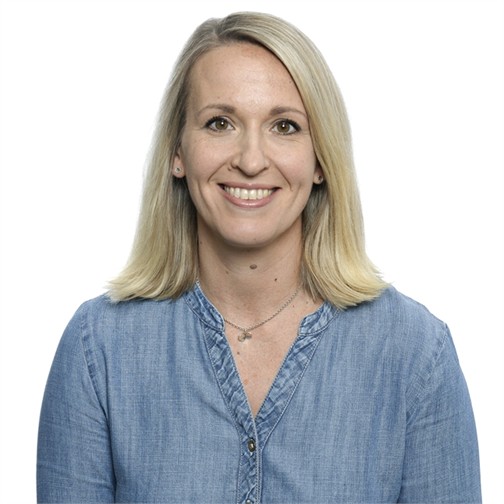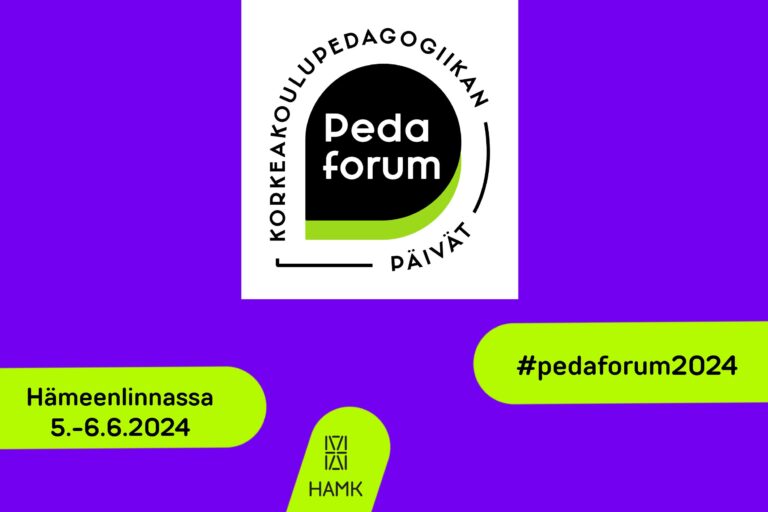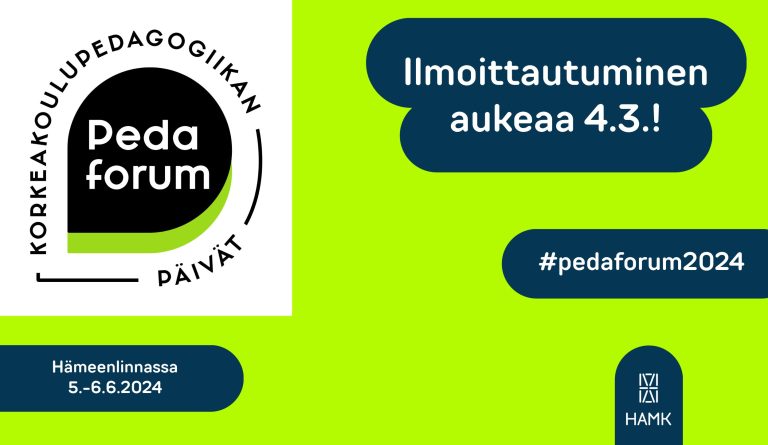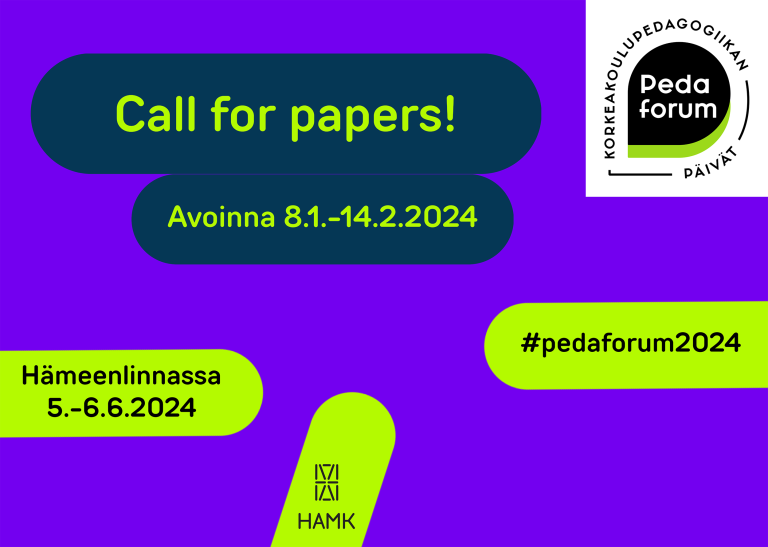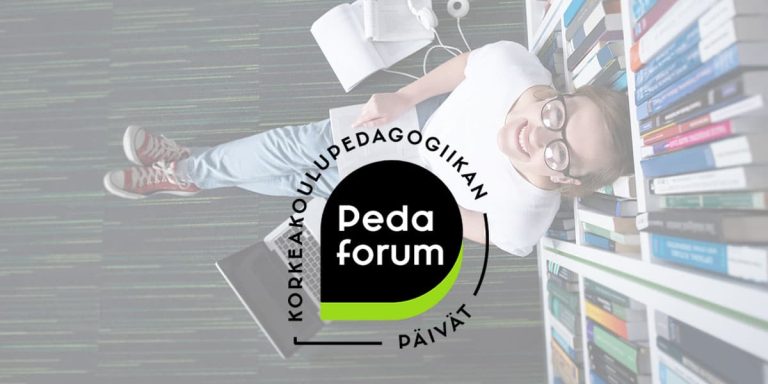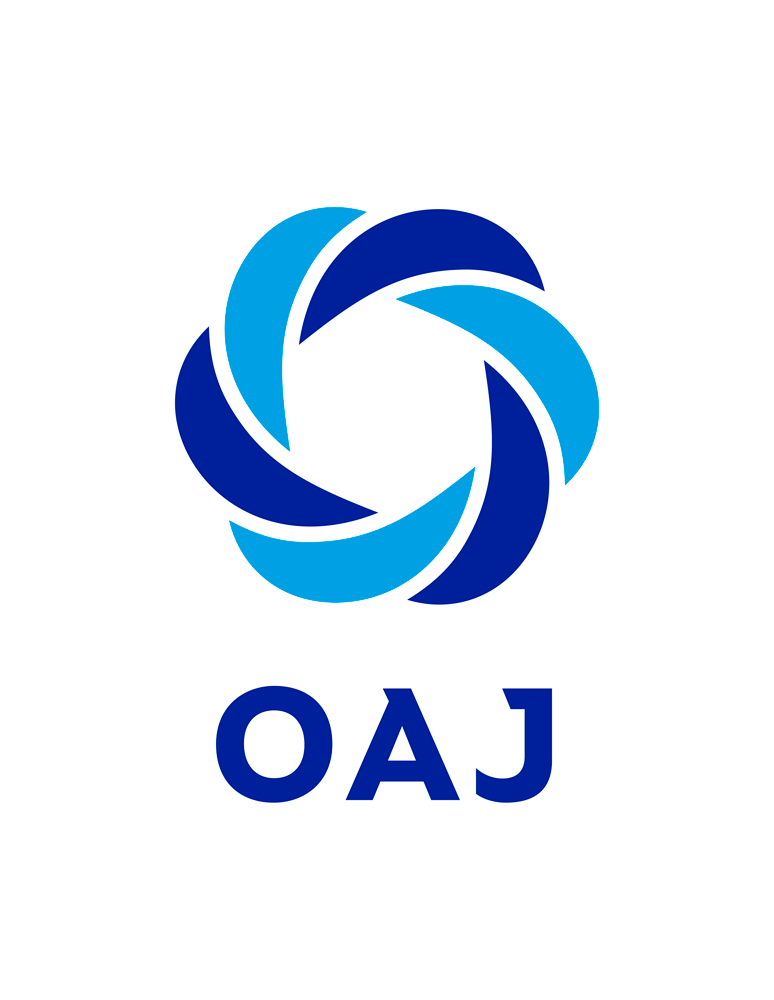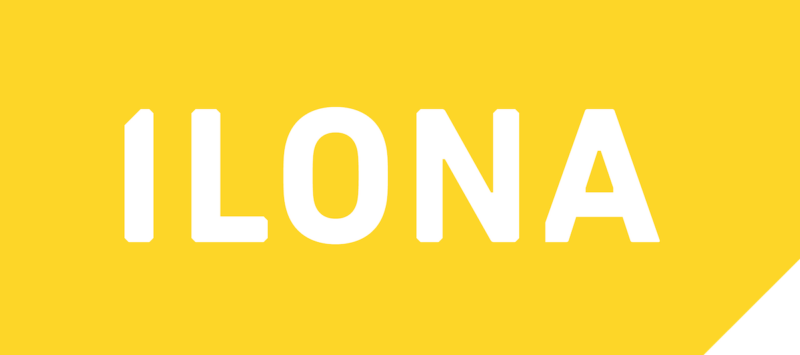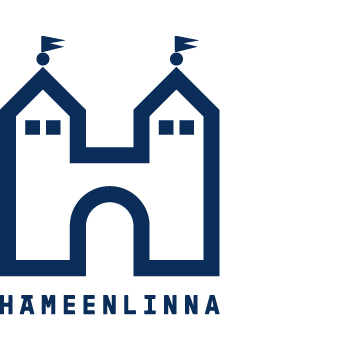Thank you to everyone who participated in Pedaforum 2024!
See you next year in Helsinki!
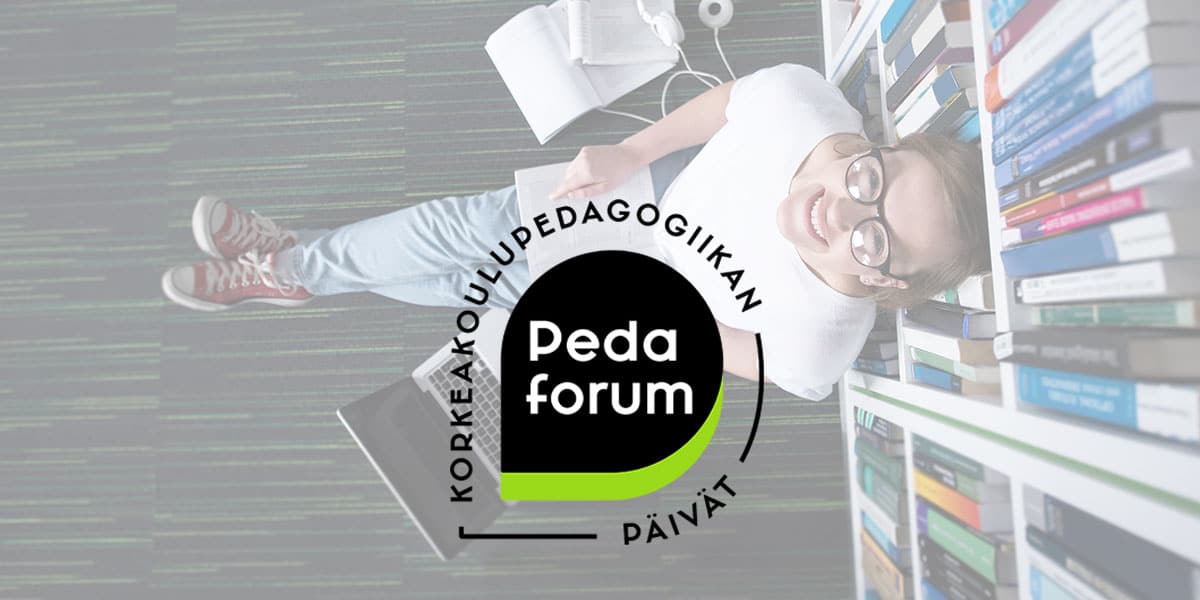
Pedaforum 2024
Higher Education Pedagogy Seminar – Pedaforum is an annual conference on pedagogy in universities and universities of applied sciences.
Welcome to Hämeenlinna!
Thank you to everyone who participated in Pedaforum 2024!
See you next year in Helsinki!
The aim of Pedaforum 2024 is to share experiences of good practice and knowledge from higher education pedagogical research to promote quality learning and improve teaching.
The event brings together a diverse range of experts in teaching, guidance and student administration, as well as other participants interested in higher education teaching and research.
#pedaforum2024
The theme
The theme of the event is Higher education pedagogy as a builder of global well-being.
Higher education institutions have an important role in supporting students to solve the multidimensional and wicked challenges of the future. This requires innovative and critical thinking skills and collaboration with working life and various stakeholders.
The well-being of teachers and students is also a prerequisite for quality learning and development.
Higher education pedagogy which acknowledges the importance of well-being can provide students with a wide range of learning experiences, skills to solve complex problems, promote sustainable development and thus contribute to enhancing global well-being.
Through the keynotes and presentations of the 2024 Pedaforum Days, we will examine higher education pedagogy as a builder of global well-being and also focus more broadly on current phenomena in higher education pedagogy through the following sub-themes.
In Finland, there is extensive cooperation in higher education development and research with global actors. The theme is explored from a variety of perspectives. Have you considered, for example, the following questions?
In recent years, increasing attention has been paid to the overall well-being of the higher education community. Higher education pedagogy plays a key role in supporting and building well-being. The theme of well-being is explored from the following perspectives.
Sustainability and accessibility are cross-cutting themes that cannot be ignored in higher education research and development. Have you considered these themes through questions such as:
Higher education institutions and higher education pedagogy play a key role in supporting continuous learning. The theme of continuous learning will be addressed through questions such as:
High-quality higher education needs to be supported by pedagogical leadership. Have you considered questions such as:
- What skills does a pedagogical leader need and how is this reflected in practice?
- How is pedagogical leadership implemented?
- What is the impact of pedagogical leadership?
- How to manage the development of emotional and other future skills?
- How is pedagogical leadership implemented in hybrid organizations?
- How can well-being be supported through pedagogical leadership?
- How can the well-being of educational leaders be supported?
Higher education institutions face increasing needs to promote cooperation with working life and entrepreneurship. How can higher education pedagogy support the achievement of these goals?
- How can working life cooperation help to build resilience and the capacity for change?
- • How to develop teachers’ work-life skills and entrepreneurial competences?
- • How does working life cooperation develop the working life skills of the future?
- • What are the new and innovative ways to develop cooperation with working life in higher education?
- • How is entrepreneurship promoted in higher education?
- • How are entrepreneurship skills developed in higher education?
Digitalisation is constantly creating new opportunities for higher education. Have you considered digitalisation through questions such as:
- What are the impacts of increasing digitalisation on well-being and mental health?
- How is digitalisation changing assessment in higher education?
- What are the future digital solutions for higher education teaching and learning?
- How does the Digivisio 2030 support higher education institutions, and how does higher education pedagogy support the implementation of Digivisio 2030?
AI is creating new opportunities for higher education, but its exploitation and the possibilities and challenges it brings are not yet fully recognised.
- What opportunities and challenges does AI bring to teaching and learning?
- How does AI affect student learning and well-being in higher education?
- How will AI change the skills requirements of teachers and educators?
- How will AI change assessment in higher education?
- What are the future prospects for the role of AI in higher education teaching and learning? What do higher education institutions need to consider?
- What ethical issues should be considered when using AI in higher education?
Preliminary program
Tuesday 4.6.
9.00-16.00 Network meetings
16.00-19.30 Pre party: Tour at the Design Factory from 16.15-17.15. Cocktail event from 17.30.
Wednesday 5.6.
9.00–10.00 Registration (open all day) and coffee
9.30-9.50 Opening remarks
9.50-10.40 Participatory keynote: What makes you want to become a teacher and what makes you stay in the profession? How can we support teachers’ well-being? Liisa Postareff, Piia Kolho, Ari Hietala, Heta Rintala, Jari Jussila, Laura-Maija Hero
10.55–11.55 Session 1
11.55-13.30 Lunch break
13.30–15.00 Session 2
15.00–16.00 Online keynote speaker
Otto Scharmer, Senior Lecturer, Massachusetts Institute of Technology (MIT) and Founding Chair, Presencing Institute
18.00-18.45 Transfers to Vanajanlinna
18.30 The doors of the Vanajanlinna open
19.15 Welcome!
Speeches by Vice President Heidi Ahokallio-Leppälä, HAMK and Mayor Olli-Poika Parviainen, Hämeenlinna
19.30-19.45 University Pedagogy -magazine awards ceremony
19.45-21.15 Dinner
Please note that the meals will be served at standing tables
21.15-22.00 Stand up show
Actor, Comedian Ernest Lawson
22.00 Music and dancing
Band Deep Undercover
23.00 After party at Vanajanlinna
Thursday 6.6.
8.00 Registration (open all day)
9.00–10.30 Session 3
10.45–12.00 Session 4
12.00–13.00 Lunch break
13.00–14.00 Session 5
14.00–14.30 Coffee break
14.30–15.30 Keynote speaker
Anne-Birgitta Pessi, prof, dos.
15:30-16.00 Pedaforum 2024 – Closing of the event
Dancer, choreographer Natasha Lommi will perform.
Announcement of the organiser of Pedaforum 2025.
Keynote speakers
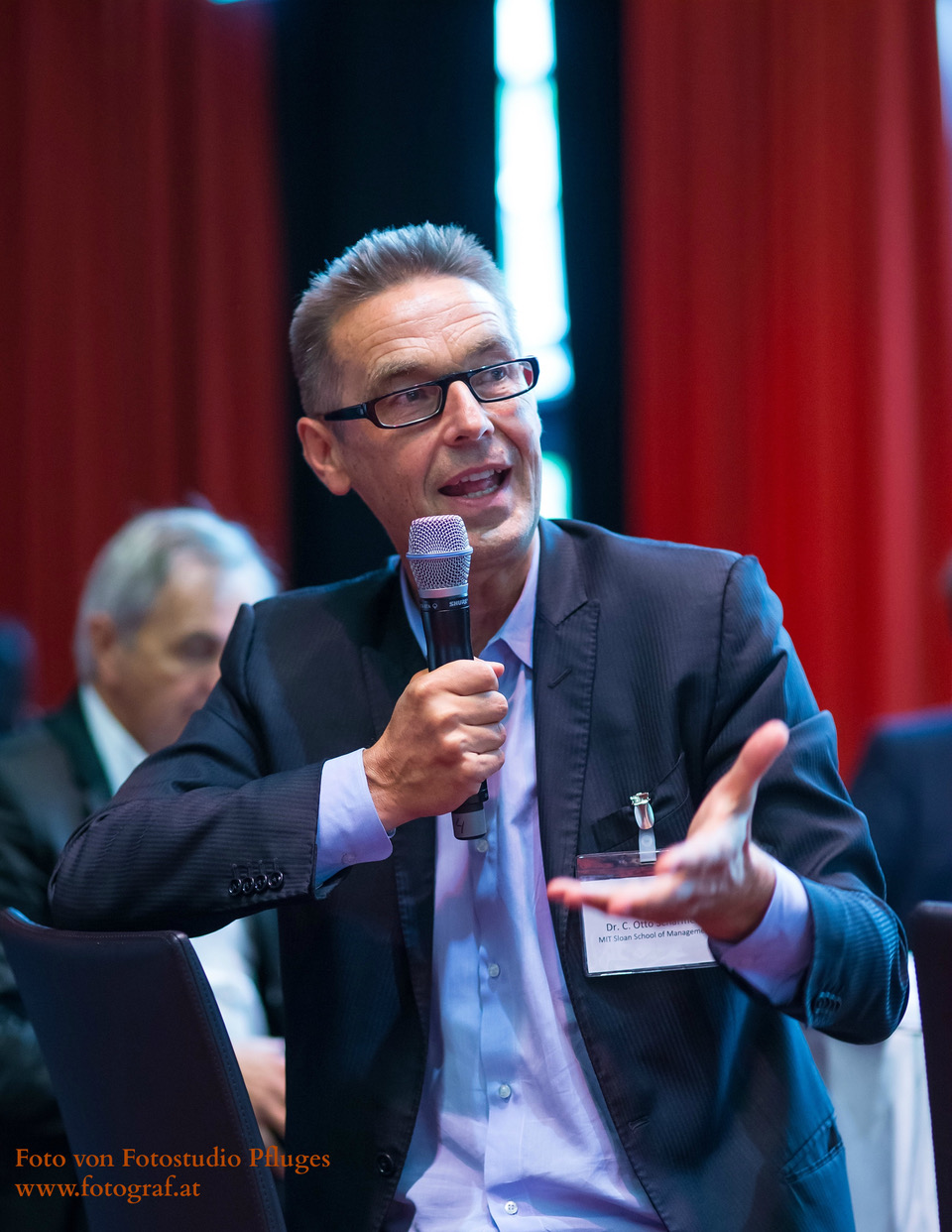
Otto Scharmer, a Senior Lecturer at MIT and Founding Chair of the Presencing Institute, has dedicated the past 20 years to helping leaders embrace cross-sector systems transformation. Through his bestselling books Theory U and Presence (the latter co-authored with Peter Senge and others), Otto introduced the groundbreaking concept of “presencing” — learning from the emerging future. He also co-authored Leading from the Emerging Future, which outlines eight acupuncture points for transforming our economy from egocentric to ecocentric. His most recent book The Essentials of Theory U (2018) summarizes the core principles and applications of awareness-based systems change.
He co-founded the MITx u-lab, which has activated a vibrant worldwide ecosystem of transformational change involving more than 250,000 users from 186 countries. In collaboration with colleagues, he co-created global Action Learning Labs for UN agencies and SDG Leadership Labs for UN Country Teams in 26 countries, which support cross-sector initiatives for addressing urgent humanitarian crises.
Otto earned his diploma and his PhD in economics from Witten/Herdecke University in Germany. He is a member of the UN Learning Advisory Council for the 2030 Agenda, the Club of Rome and the World Future Council. He has won the Jamieson Prize for Teaching Excellence at MIT and the European Leonardo Corporate Learning Award. In 2021, he received the Elevating Humanity Award from the Organizational Development Network.
Reimagining Higher Education: Transforming Systems For Human and Planetary Flourishing” explores Dr. C. Otto Scharmer’s innovative approach to transforming higher education through the lens of awareness-based systems change. In this keynote, Dr. Scharmer, renowned for his groundbreaking work on Theory U, will guide educators, administrators, and students through the process of reimagining and reshaping learning environments.
His keynote aims to shift the educational paradigm from traditional forms, the transfer of knowledge, toward activating agency in terms of co-sensing and co-shaping the emerging future. Participants will delve into a novel systems-thinking based framework for cultivating spaces that encourage deep listening, generative dialogue, co-sensing, and ecosystem leadership practices, aligning educational forms with the urgent challenges facing our planet.
Join us for an engaging discussion on shaping the future of higher education to develop learners and leaders capable of rising to the occasion.
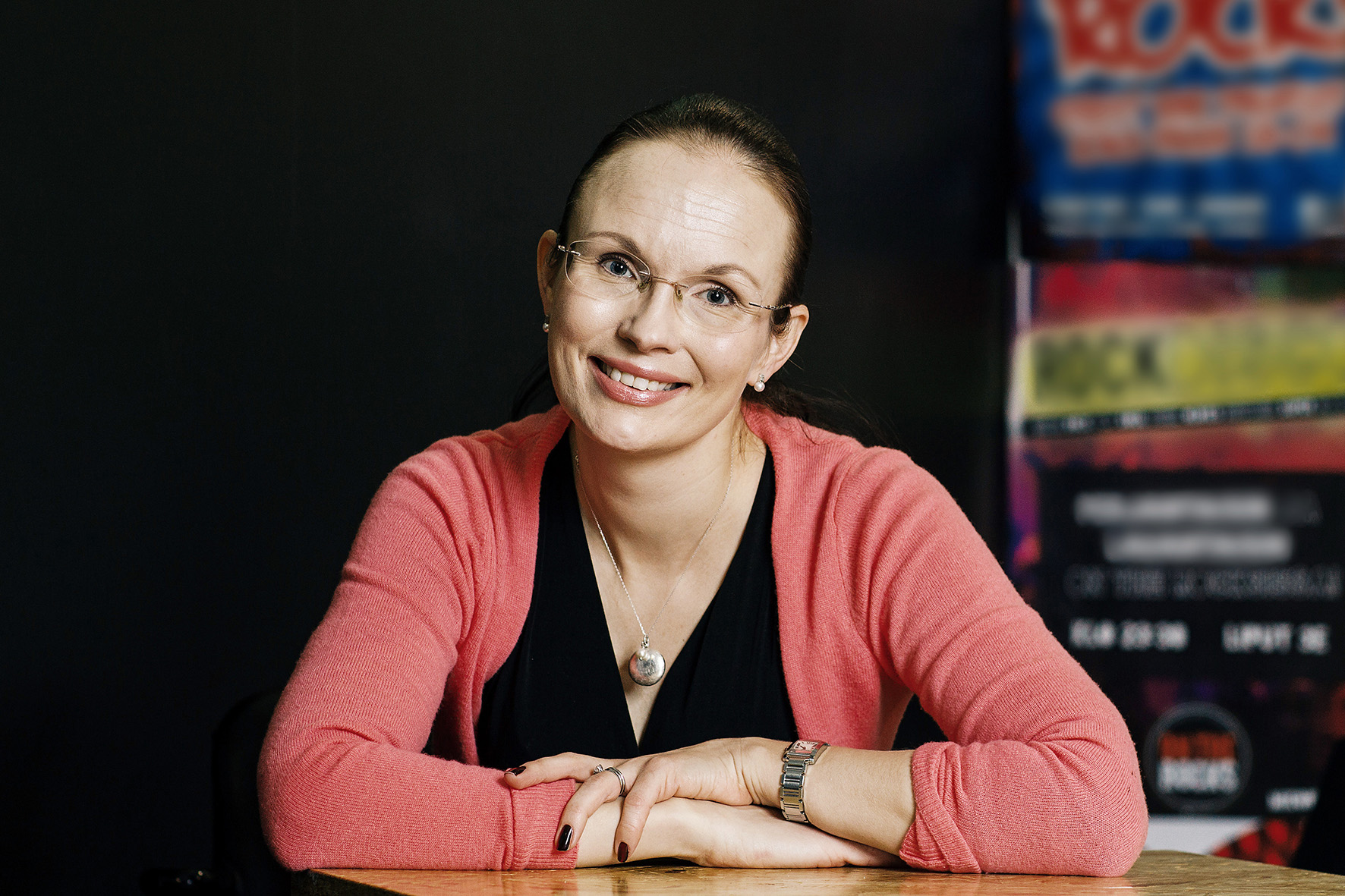
Photo: Linda Tammisto
Anne Birgitta Pessi, prof. doc., is fascinated by the themes of human encounter, compassion and meaningfulness. Her mission is to awaken people to reflect on the core of themselves and their communities, on which both well-being and effectiveness are built. What matters most to us? Are people good or bad? How are we compassionate in our everyday lives? How do we best inspire each other? Pessi explores these questions both through provocative reflection and by applying them to the everyday life of a community, such as the world of work. At its heart is the application of international research findings to a specific target group.
Pessi is an international researcher and an inspiring, highly regarded lecturer who is a professor at the University of Helsinki and a regular visiting scholar at Stanford and Boston Universities, among others. She is well known in Finland as a researcher-speaker for numerous companies, as the director of the CoPassion research project and for her book The Transformative Power of Compassion.
A system-smart, thriving higher education community
This presentation discusses the relationship between individual well-being and a well-being community in higher education. As a working and learning community, institutions are built on respectful interaction and everyday compassion and affection. Community, trust and co-construction already run through the objectives of higher education, but how do we bring these more strongly into everyday life? As a rhetoric, well-being talk can even turn on itself. What can we each do, as individuals and as part of communities, to strengthen the power of humanity?
The presentation will draw on recent research evidence from home and abroad, but also on reflection on everyday issues, alone and together.
Accommodation
Instructions for Participants
This page provides information about the facilities, signage, event passes, and other practical matters at Hämeenlinna University Centre. The event opening, keynote speeches, and event conclusion will be held in the auditorium of Building C
Registration takes place in the lobby of Building N, near the main entrances. Registration opens on Wednesday, June 5th, at 8 am. You will receive your event pass from the registration desk. Registration is open throughout the event on June 5th-6th, 2024.
The event is held at Hämeenlinna University Centre, located in Visamäki area, near highways 3 and 10, a few kilometers from the city center. You can easily reach the University Centre from Hämeenlinna railway station or the bus station by taking Pedaforum 2024 charter bus. Additionally, local buses number 2 and 2U operate from Hämeenlinna stations to the University Centre. If you are arriving by car, parking spaces are available along Visamäentie and behind Building D.
Hämeenlinna University Centre area map.
The registration fee includes lunches and coffee on both days. Lunch will be served at the Sodexo restaurant.
If you prefer to dine elsewhere at your own expense, below are other restaurants near Visamäki campus:
Vanajanlinna is located at Vanajanlinnantie 476. The evening party will be held in the Festive Pavilion, situated in the garden of Vanajanlinna main building. Remember to bring your event pass to the evening party as it serves as your entry ticket.
The dress code for the evening party is smart casual.
Please note that dinner at the evening party is served at standing tables.
****************************************
Menu
Green salad VEG,G
Muskmelon and lentil salad VEG,G
Tofu, pasta, sesame seeds & gogi sauce VEG,G
Parsley & pea salad & manchego L,G
Watermelon, mint & feta L,G
Herbed tabbouleh, goat cheese & pomegranate L
Cherry tomatoes, mozzarella & basil L,G
Bread & butter L
Falafel, hummus & mint VEG,G
Roasted mushrooms & soy vinaigrette VEG,G
Patatas bravas with potatoes L,G
Spicy asparagus and chickpea stew VEG,G
Tiramisu L (also available G if required)
Coffee & Tea
Shared services run on demand on the following routes.
5.6.2024
Hämeenlinna Railway Station – Visamäki Campus
From 7.15 a.m.
non-stop, i.e. the bus will run until 10.15 a.m.
Visamäki Campus – Hotel accommodation
16.10 Visamäki Campus – Scandic City, Hotel Emilia, Sokos Hotel Vaakuna, Scandic Aulanko
16.10 University Centre – Vanajanlinna
Hotel accommodation – Vanajanlinna evening party
18.00 Hotel Emilia & Scandic City – Vanajanlinna
18.10 Scandic Aulanko
18.15 Sokos Hotel Vaakuna – Vanajanlinna
Vanajanlinna Evening Party – Hotel accommodation
At 22.00 Non-stop departures from Vanajanlinna to Hotel accommodation*
At 1.00 a.m. the last bus transfer departs from Vanajanlinna
Please note that after this time, transfers to hotel accommodation will be by taxi or private car.
6.6.2024
Hotel accommodation – Visamäki Campus
8.00 am Vanajanlinna – Visamäki Campus
8.00 Scandic Aulanko – Visamäki Campus
8.05 Hotel Emilia, Scandic City
8.40 a.m. Sokos Hotel Vaakuna – Visamäki Campus
Visamäki Campus – Railway Station
16.10 First non-stop departure
17.00 Last non-stop departure
Please note that on the network day of the event on 4.6 there will be no shuttle service.
- We encourage sustainability and therefore do not provide disposable cups for water. Please bring your own water bottle. There will be several water points at the event premises where you can refill your water bottle.
• Photos will be taken during the event.
• If you do not want to be photographed at the event, please let us know at our registration point when you arrive at the event.
• The images will be used for the internal documentation of the Pedaforum 2024 event and also for related event communication during and immediately after the event, e.g. in social media channels (Facebook and X) and on the event website from the user accounts of both Pedaforum and HAMK (Meta + X and LinkedIn).
• The images will not be used for HAMK’s marketing, and the materials will not be disclosed to third parties.
• Photos are owned by Häme University of Applied Sciences Ltd
The poster exhibition will be open throughout the event in the lobby of building C.
• You can check out the posters according to your own schedule.
• If possible, poster creators will present their posters on Wednesday 5.6. at 13.30-15.00 and on Thursday 6.6. at 13.00-14.00.
Accessibility and safety
If you would like to report an accessibility, safety, or other related observation before, during or after the event, you can either report it directly to our staff or send it by email to turvallisuus@hamk.fi.
If you wish to report anonymously, please use this form.
Event safety and accessibility, Safety Officer Reima Kallinen tel. 040 5867982
Campus Info Point, Campus Assistant
Meri Heikkinen tel.0504757131
Our safety work is based on the idea that everyone has the right to contribute to the safety of our community. We are building a strong, sustainable and genuine sense of safety by working together to strengthen the everyday safety and resilience of our community. Read more here.
At the event, we will follow the Safer Space Principles to ensure that the event is a positive and rewarding experience for all participants.
We are aware that an event cannot always be completely safe for everyone, and we actively encourage participants to create an atmosphere of safety and well-being. Let’s look after each other.
Our core principles are:
- We respect everyone’s personal physical and mental space and do not cross boundaries without permission.
- We do not make assumptions or generalisations, and we respect everyone’s individuality and identity.
- We discuss constructively and give everyone the opportunity to contribute to the discussion. We respect each other’s opinions, experiences and different points of view. We are open to new ideas, and we ask questions with the courage to learn.
- We listen to feedback and change our behaviour if someone expresses that our behaviour makes others uncomfortable.
- We take responsibility for our own actions and apologise if we hurt others unintentionally or intentionally.
- We will always address any perceived or observed harassment, inappropriate behaviour or other threats to safety immediately, and offer our support in dealing with the situation.
If you experience or observe harassment or other inappropriate behaviour during an event that persists despite expressing discomfort with the situation, please contact the event organisers, the Security Officer (see contact details below) or other staff. We are here to help and support you.
If you wish, you can also report any observations after the event by e-mail or by using the anonymous reporting form (see contact details below).
The Hämeenlinna University of Applied Sciences is located at Vankanlähde 9.
There are emergency maps in the campus premises, which show the locations of escape routes and initial fire-fighting equipment, among other things. The campus has several defibrillators, in the event area in the N building on the 1st floor lobby and in the S building on the 3rd floor lobby.
The campus emergency plan is available online here.
News
Follow us!
Contact
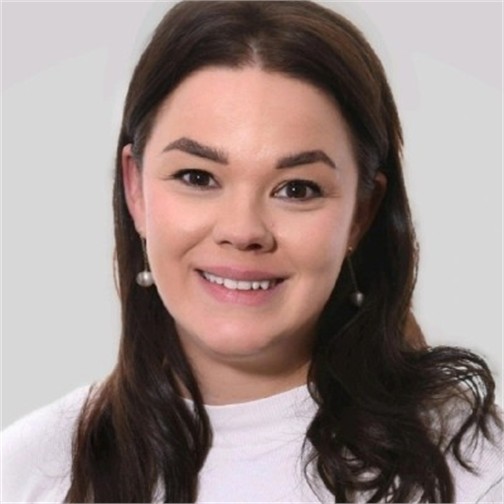
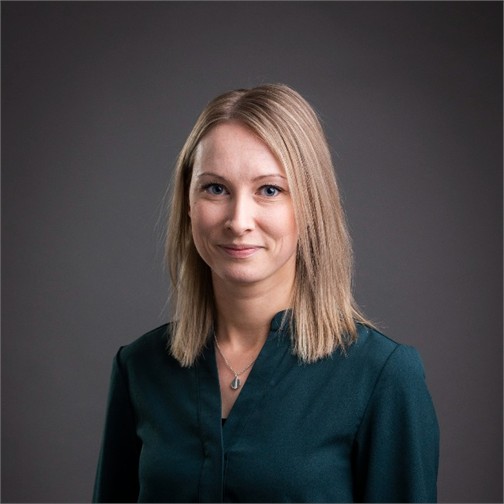
Abstracts
